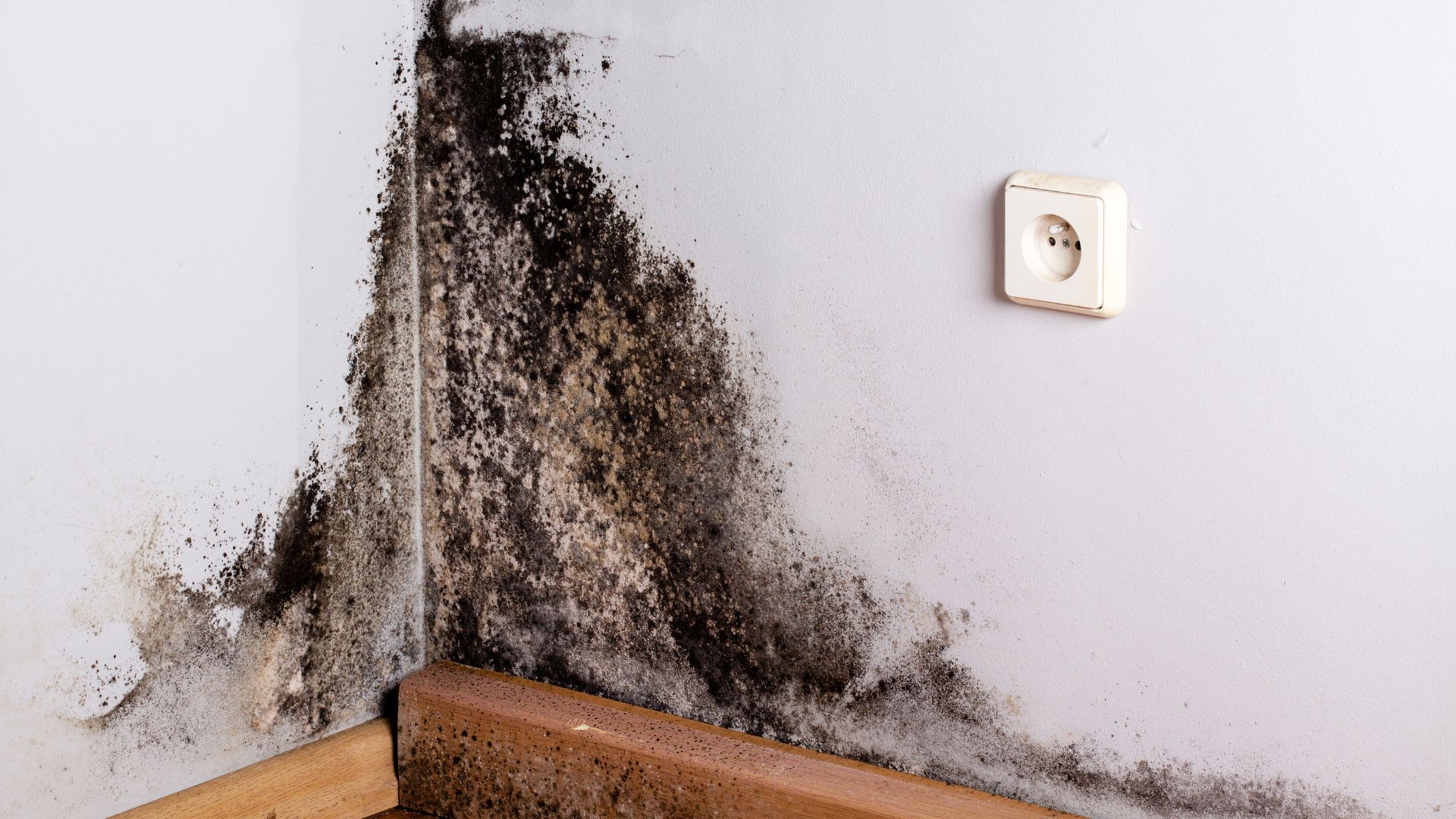Mold is found in many households in the U.S., and while it can be unsightly, it’s usually not a cause for alarm. It is a fungus commonly found in damp areas and can cause serious health problems if left unchecked. The primary difference between mold and fungus is that mold is green or black, while fungus can be any color.
Also, a fungus is composed of microscopic spores, while a mold is composed of filaments. The fungus typically grows on food or soil, while mold usually grows on damp surfaces.
Read more: Mold vs. Fungus: Their Similarities and Differences
Black mold can be black, green, or brown. It’s often found in damp areas, such as bathrooms, kitchens, and basements. If left unchecked, black mold can cause serious health problems.
Read on to learn about black mold and its dangers.
What Is Black Mold?
Black mold, known as Stachybotrys chartarum, is a mold that thrives in damp, dark environments. It’s often found in homes and buildings damaged by water or flooding. Black mold can cause serious health problems, including respiratory illness, neurological damage, and even death.
Signs of a Black Mold Infestation in Your Home
1) Visible Mold Growth
You can find black mold anywhere in your home where there is moisture, such as in damp basements, showers, or leaky pipes. The mold may appear as black specks, streaks, or blotches and can quickly spread if not removed.
2) Musty Odors
Black mold emits a gas called mycotoxin, which smells musty. If you notice this musty smell, it’s essential to investigate further to see if mold is present.
3) Respiratory Problems
When inhaled, black mold can cause several respiratory problems, including:
- Asthma
- Allergies
- Bronchitis
- Inflammation of the lungs
- In severe cases, black mold inhalation can even lead to death.
How To Prevent or Get Rid of Black Mold: Tips
1) Ventilation
Adequate ventilation is key to preventing the growth of mold. Be sure to ventilate any areas in your home prone to moisture, such as the kitchen and bathroom. Use exhaust fans or open windows to help circulate air and keep these areas dry.
2) Humidity
Mold thrives in humid environments, so it’s essential to keep the humidity level in your home low. Use a dehumidifier to help remove excess moisture from the air.
3) Water Damage
One of the most common ways mold enters the home is through water damage. If your home has experienced flooding or a leak, dry the area thoroughly and repair any damage to prevent mold from growing.
4) Cleaning
A good cleaning routine is essential for preventing the growth of mold. Be sure to clean any areas of your home prone to moisture, such as the kitchen and bathroom. Use a mild detergent and water to clean these areas
5) Mold-resistant products
Many products, like paints, caulk, sealants, etc., have mold-resistant features. You can use these products in areas more prone to moisture and susceptible to black mold growth.
While black mold may not be as toxic as other types of mold, it can still pose serious health risks. Exposure to black mold can cause several respiratory problems, including coughing, wheezing, and difficulty breathing.
You may wonder if cleaning or removing black mold is safe. It is better to call experts for mold removal in Atlanta, like Mold B Gone. We use the best EPA-registered products, and our approach is always efficient and effective.

